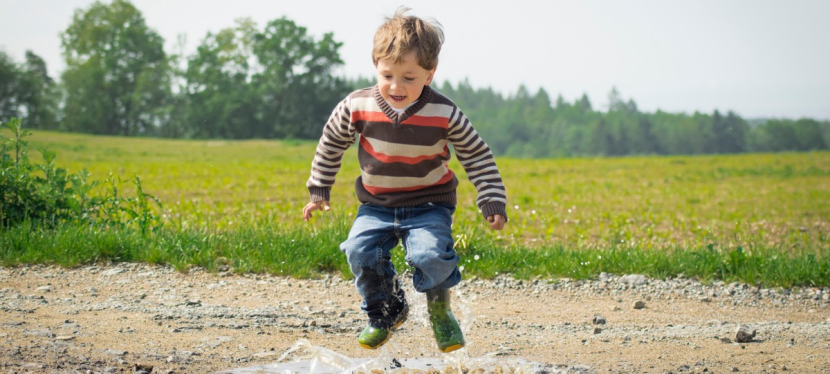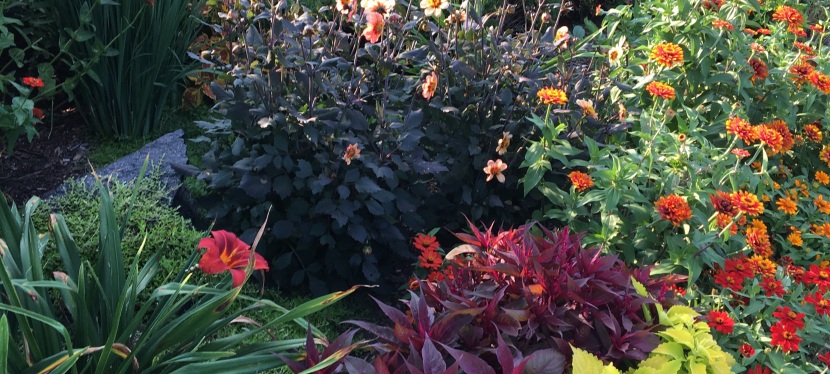Humans in Nature strives to combine applied research within outreach efforts to connect individuals of all ages to the natural environment. We wanted to hear from other organizations and communities on how they connect with others and develop a relationship surrounding nature. We interviewed Anka Rashed at the Montana Natural History Center (MNHC) in Missoula, MT, to hear more about what she does for MNHC and how they connect people with nature.
Read moreTag: benefits of nature
Greenery Helps with Indoor Isolation
With the recent occurrence of the Covid-19 Pandemic, many people were forced inside to prevent the spread of the airborne illness. The virus has forced people to isolate themselves from their loved ones and the general public. Isolation for an extended period can eventually lead to anxiety and depression. To stay occupied and fight the feeling of loneliness, people go outside to take in nature and help benefit their overall well-being, as “many scientists have concluded that humans depend on nature for their physical, spiritual, psychological, and emotional needs” (Hassan 2018). Research supports that nature can help decrease stress and anxiety and improve mood and physical health. If those isolated indoors have limited access to the outdoors, why not bring the plants inside to help with their mental states?
Read morePersonal Story: Victoria

From my own experiences and watching my kids, my husband and I understood nature’s gift to individuals. It really does have the power to calm people mentally while also strengthening them physically.
Outdoor Play and Childhood Development
Modern lifestyles are becoming unhealthier worldwide. Today’s children tend to spend a lot more time indoors than past generations of kids. Whether it is young toddlers being given an iPad to settle them down throughout the day, the constant need of computers for classwork at an increasingly young age, or the persistence of phones everywhere around us, there is an increase in the use of technology in our society, especially at a young age. This is resulting in children having decreased exposures to outdoor environments. In fact, a 2018 study in the United Kingdom revealed that children spent about four hours outside per week, roughly 50% less than their parents had as kids (Kennedy, 2022).
Read moreNature’s Effects on Quality of Sleep
Sleep is a restorative process where our body heals us in complex ways. We all know the benefits of nature on overall health, but what about sleep? In what way does nature have a physiological effect on our sleep quality?
In today’s modern society, technology, work, school, and other factors can negatively affect our quality of sleep due to the stress that accompanies them. Poor quality of sleep is linked to health risks such as diabetes, obesity, depression, anxiety, and even poor immune system functioning. It is important to acknowledge that as our lives become more entangled with responsibilities, it is crucial to maintain good sleep habits and rituals. One practice that could help is to spend time in nature.
Read more


